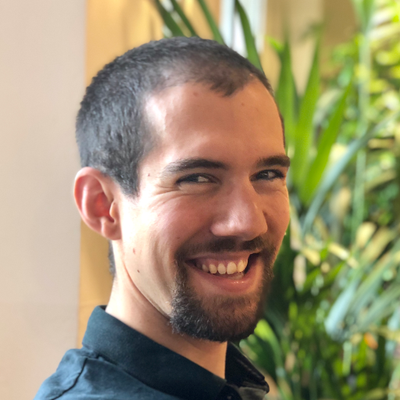At Unruly we have a quarterly whole-company hack day that we call Oneruly day. Hackdays allow the whole company to focus on one thing for a day.
Unlike our 20% time, which is time for individuals to work on what is most important to them, Hackdays are time for everyone to rally around a common goal.
In product development we run this in true Unruly style: avoiding rules or control. We do have a lightweight process that seems to work well for self-organisation in a group this size (~50 people).
Self Organisation
During the week in the run up to Oneruly day we set up a whiteboard in the middle of the office with the topic written on. Anyone with an idea of something related to that topic that we could work on writes it on an oversized postit note and pops it up on the board.
On the day itself there’s usually a last minute flurry of ideas added to the board, and the whole product development team (some 50-60 people) all gather around. We go through the ideas one by one. The proposer pitches their idea for around 60 seconds, explaining why it’s important/interesting, and why others might want to work on it.
Once we’ve heard the pitches, the proposers take their oversized postit and spread out, everyone else goes and joins one of the people with postits—forming small teams aligned around an interest in a topic.
Each group then finds a desk/workstation to use and starts discussing what they want to achieve & the best way of going about it.
This is facilitated by our pair-programming friendly office space—having workstations that are all set up the same, with large desks and plenty of space for groups to gather round, in any part of the office.
Usually each group ends up self-organising into either a large mob (multiple developers all working on the same thing, at the same time, on the same workstation), or a couple of smaller pairs or mobs (depending on the tasks at hand). Sometimes people will decide that their group has too many people, or they’re not adding value and and go and help another group instead.
Teams will often split up to investigate different things, explore different options or tackle sub-problems, and then come back together later.
Inspiring Results
We usually wrap up with a show and tell for the last hour of the day. It’s pretty inspiring to see the results from a very few hours work…
- There’s great ideas that are commercially strong and genuinely support the goal.
- We get improvements all the way from idea to production.
- People step up and on leadership roles, regardless of their seniority
- We learn things in areas that we wouldn’t normally explore.
- People work effectively in teams that didn’t exist until that morning.
- There’s a variety of activities from lightweight lean-startup style experiments to improving sustainability of existing systems.
All this despite the lack of any top down direction other than choosing the high level theme for the day.
What can we learn?
Seeing such a large group consistently self-organise to achieve valuable outcomes in a short space of time begets the question: How much are our normally more heavyweight processes and decision-making stifling excellence rather than improving outcomes?
What rules (real or imaginary) could we get rid of? What would happen if we did?
Hackdays are a great opportunity to run a timeboxed experiment of a completely different way of working.
